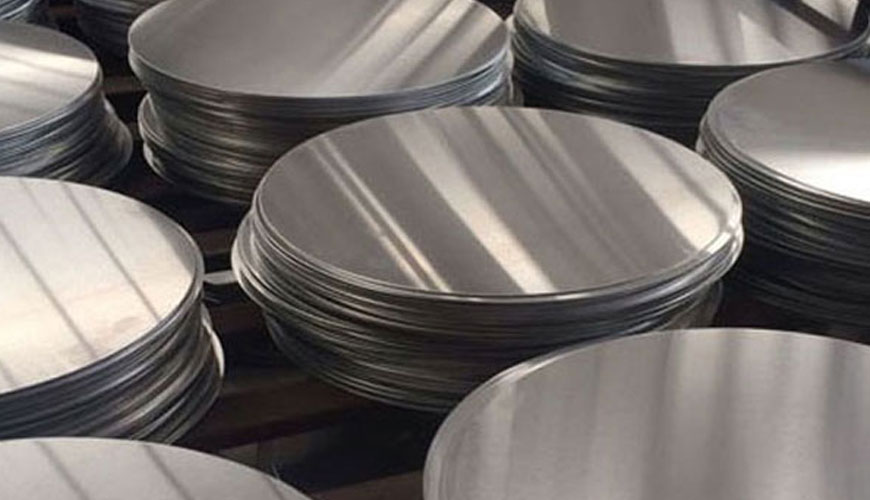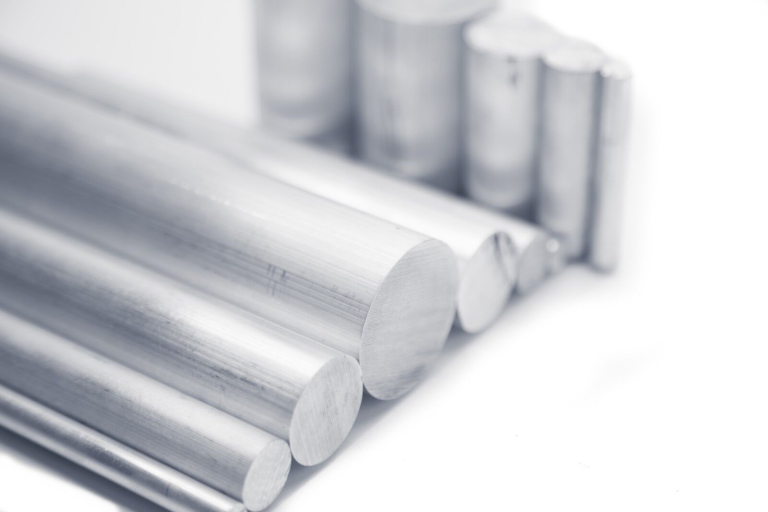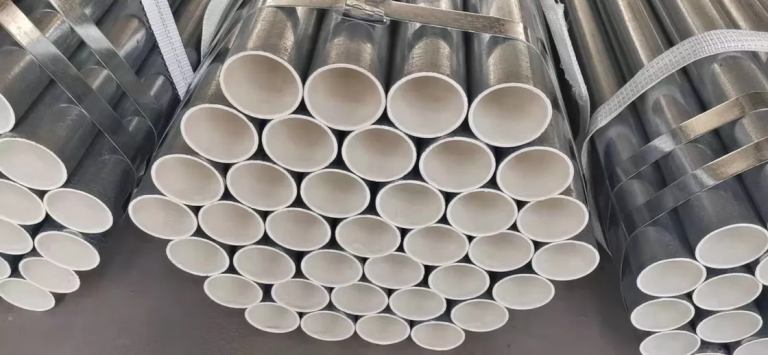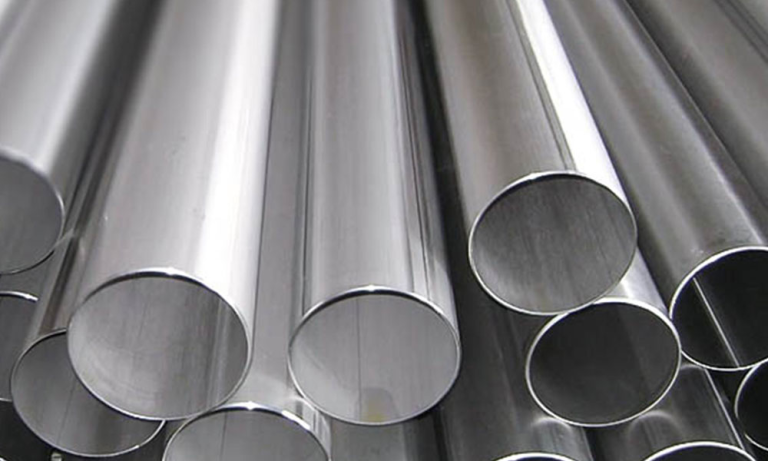
CNC machining can be said to be a sign in the manufacturing industry, the manufacturing industry is inseparable from CNC machining, CNC machining is mainly used to achieve multi-axis linkage processing, such as some curved surfaces, processing surfaces are more than some precision parts. And now intelligent terminals, 3C digital, automobile manufacturing and other industries are increasingly developed, and various industries need CNC machining more.
Let me tell you what materials are commonly used in CNC machining and their material properties.
Metallic material
Aluminum Alloy 6061
6061 aluminum alloy is a high quality aluminum alloy product produced by heat treatment and predrawing process.
Material advantages:
It has excellent processing performance, excellent welding characteristics and electroplating properties, good corrosion resistance, high toughness and no deformation after processing, dense material without defects and easy polishing, easy color film, excellent oxidation effect and other excellent characteristics.

Aluminum Alloy 7075
7075 aluminum alloy is a cold-treated forging alloy, high strength, far better than soft steel. 7075 is one of the commercial strength alloys.
Material advantages:
General corrosion resistance, good mechanical properties and anodic reaction. The fine grain makes the deep drilling performance better, the tool wear resistance is enhanced, and the thread rolling is more distinctive.
Red copper
Pure copper (also known as copper) is a ductile metal with excellent electrical conductivity with a rose-red surface. It is not pure copper, it contains 99.9% copper, and some other elements are added to improve the surface and properties.
Material advantages:
It has good electrical and thermal conductivity, ductility, deep drawing and corrosion resistance.
The electrical and thermal conductivity of copper is second only to silver, and it is widely used in the production of conductive and thermal equipment. Copper in the atmosphere, seawater and some non-oxidizing acids (hydrochloric acid, dilute sulfuric acid), alkali, salt solution and a variety of organic acids (acetic acid, citric acid) have good corrosion resistance, used in the chemical industry.
It has good weldability and can be made into various semi-finished products and finished products by cold and thermoplastic processing. In the 1970s, the production of red copper exceeded the total production of all other copper alloys.
Brass
Brass is an alloy of copper and zinc, and brass composed of copper and zinc is called ordinary brass.
Widely regarded as one of the simplest and most cost-effective materials for precision machining services, brass is chosen to manufacture complex parts that require complex functions. Easy to process, smooth and with a clean surface, brass can be used to manufacture medical devices, consumer goods, electronic hardware and contacts, accessories, commercial products and more.
Material advantages:
It has high strength, high hardness and strong chemical resistance. The mechanical properties of machining are also prominent.
Brass has strong wear resistance. Special brass is also called special brass, which has high strength, high hardness and strong chemical resistance. The mechanical properties of machining are also prominent. The seamless copper pipe drawn by brass is soft and has strong wear resistance.

45 steel
45 steel is also called “oil steel”, which has higher strength and better machinability.
Material advantages:
With high strength and good machinability, after proper heat treatment can obtain a certain toughness, plasticity and wear resistance, the material source is convenient, suitable for hydrogen welding and argon arc welding.
Q235 steel
Q235 steel is a carbon structural steel, whose steel number Q stands for yield strength. Under normal circumstances, the steel is used directly without heat treatment.
Material advantages:
It will reduce its yield value with the increase of the thickness of the material, due to the moderate carbon content, better comprehensive performance, strength, plasticity and welding properties are better matched, and it is widely used.

40Cr steel
40Cr steel is one of the most widely used steels in the machinery manufacturing industry.
Material advantages:
It has good comprehensive mechanical properties, good low temperature impact toughness and low notch sensitivity. Steel hardenability is good, this steel in addition to tempering treatment is also suitable for cyanide and high-frequency quenching treatment. Good cutting performance.
SUS304 steel
SUS304 refers to 304 stainless steel, which has the characteristics of good processing performance and high toughness.
Material advantages:
Has good corrosion resistance, heat resistance, corrosion resistance, low temperature strength and mechanical properties, stamping bending and other hot processing good, no heat treatment hardening phenomenon, non-magnetic.

Plastic material
ABS: Density is 1.2, good toughness, can be bonded, after oil injection can be baked to 70-80 degrees
PMMA: density 1.3, relatively broken, good transparency, can be bonded, after spraying oil can be baked to about 65 degrees
PC: Density 1.2, can withstand 120 degrees of high temperature, can bond, can spray oil, transparency
POM (Saisteel) : density 2, high strength and good toughness, can not spray oil, can not glue, wear-resistant
PP: Density 1.1, high strength and good toughness, can spray oil, can not bond
Bakelite: density 2, high strength and good toughness, can not spray oil, can not bond, can withstand 250 degrees high temperature
Nylon: Density 1.2, high strength and good toughness, can not spray oil, can not bond
475 rubber plate: density 1.2, relatively soft, poor toughness, can withstand 60-70 degrees high temperature
PTFE : density 2.2, can not be bonded, can not spray oil, can withstand 250 degrees high temperature, relatively soft
Plastic parts are lightweight, versatile, and corrosion-resistant. Thanks to their versatility, plastic components are used in consumer electronics, medical equipment, and automotive industries. Plastic parts are also used to make electrical insulation components.
Besides metal and plastic, CNC machining centers also use ceramics and composite materials to manufacture parts. Composite materials consist of two or more constituent materials with varying properties. They have a matrix material such as fiberglass and epoxy resin.
CNC machining can handle a wide array of materials ranging from metals to plastics and ceramics. However, all machining materials are not created equal. When choosing the material for your CNC machined part, I’d advise you to comprehensively consider factors such as cost, part weight, electrical conductivity, heat resistance, surface finish, and the intended use of the component.
Explore Cutting-Edge Precision Metal Solutions with TOPFAST CNC
Guangzhou Topfast Technology Co., Ltd is a leading manufacturer specializing in rapid prototyping & on-demand production.
With state-of-the-art machines operated by engineers who are unmatched in skills and experience, we offer CNC machining, injection molding, vacuum casting, die casting, 3D printing, sheet metal fabrication, and more.
We are certified in ISO9001, ISO16949, and ISO13485, reflecting our commitment to innovation and improvement.
Our capabilities ensure customers bring ideas to life in no time, providing comprehensive one-stop solutions from prototyping to mass production. Flagship always delivers quality custom parts with precision and efficiency while saving your time, cost, and effort.